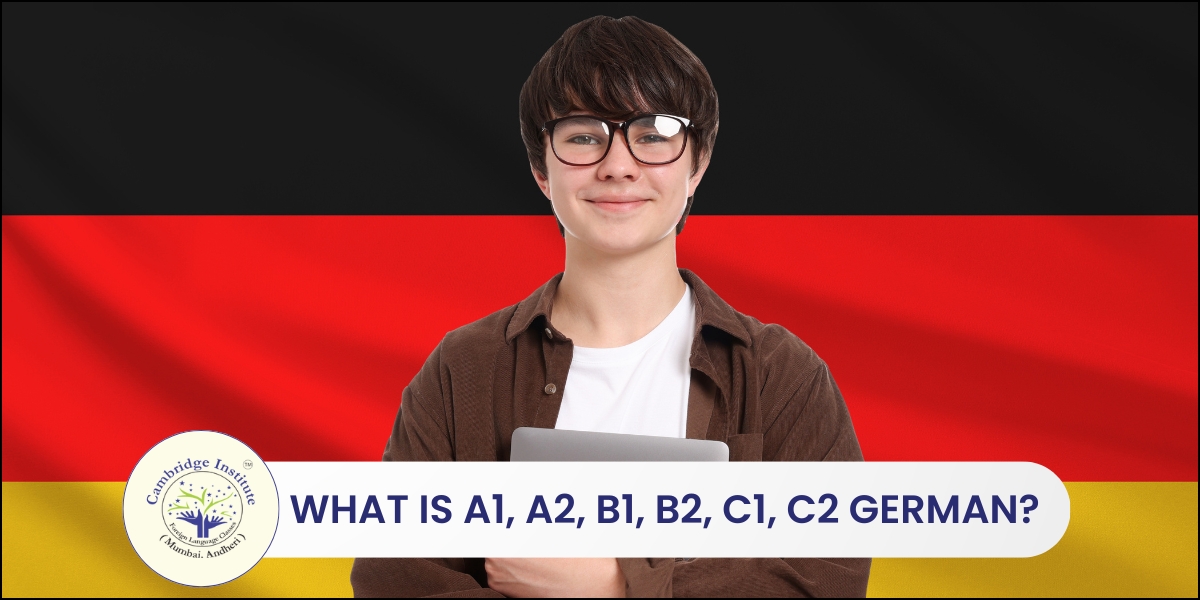Choosing a new language to learn is an exciting decision, but it can also be a tough one. Two of the most powerful and influential languages in Europe—French and German—often top the list for learners. Both open doors to incredible opportunities, but they cater to slightly different goals. So, which one is right for you?
French vs. German: Let’s break down the key factors.
1. The Global Reach: French
French is often called the language of diplomacy and is an official language of the United Nations, NATO, and the International Red Cross. With over 300 million speakers across 5 continents, its global footprint is significant. Learning French offers a direct gateway not just to France, but to Canada, Switzerland, Belgium, and vast parts of Africa. If your interests lie in international relations, luxury goods, the culinary arts, or African studies, French provides a tremendous advantage.
2. The Economic Powerhouse: German
German is the most widely spoken native language in Europe and the economic engine of the European Union. Germany is a global leader in engineering, automotive manufacturing, science, and innovation. If your career goals are in engineering, industrial technology, finance, or research, proficiency in German can be a massive asset. Many of the world’s leading corporations (like Volkswagen, Siemens, and Bosch) are German, and knowing the language can open doors to lucrative career opportunities and high-quality education, often at little to no tuition cost.
3. Which is Easier to Learn?
For an English speaker, both languages present unique challenges. However, German grammar is often considered more complex due to its case system (Nominative, Accusative, Dative, Genitive) and strict grammatical rules. French pronunciation can be tricky initially with its nasal sounds and silent letters, but its grammar might feel slightly more familiar. Ultimately, your motivation and interest in the culture are the biggest factors that will determine how “easy” a language feels.
4. Making Your Decision
Ask yourself these questions:
-
Career: Do you see yourself in international diplomacy, fashion, or wine? Or in engineering, manufacturing, and tech?
-
Travel: Are you drawn to the romantic cities of Paris and Montreal, or the historic castles and efficient cities of Germany, Austria, and Switzerland?
-
Culture: Do you love French cinema, literature, and cuisine? Or are you fascinated by German philosophy, classical music, and Christmas markets?
Ready to Start Your Language Journey in Mumbai?
No matter which language you choose, learning with a structured course from a renowned institute is the key to success. Cambridge Institute provide both French and German Classes in Mumbai.
Our certified trainers use proven methods to make learning engaging and effective, focusing on practical conversation skills and cultural immersion. We offer flexible batches to fit your schedule.
Frequently Asked Questions (FAQs)
1. Is French or German more useful?
It depends on your goals. French has a wider global spread, while German is highly valuable for specific careers in engineering, science, and business within Europe.
2. Which is harder, French or German?
For English speakers, German grammar is typically considered more challenging. French pronunciation can be difficult to master initially. Both require dedicated practice.
3. Should I learn French or German for business?
German is powerful for engineering and manufacturing industries. French is excellent for international diplomacy, luxury brands, and industries connected to Francophone Africa.
4. Which language has more speakers?
French has more total speakers worldwide (over 300 million). German has the most native speakers in Europe (around 100 million).
5. Can I learn both French and German?
Absolutely! While it’s best to focus on one at a time to avoid confusion, learning both is possible and will make you a highly sought-after multilingual professional.




